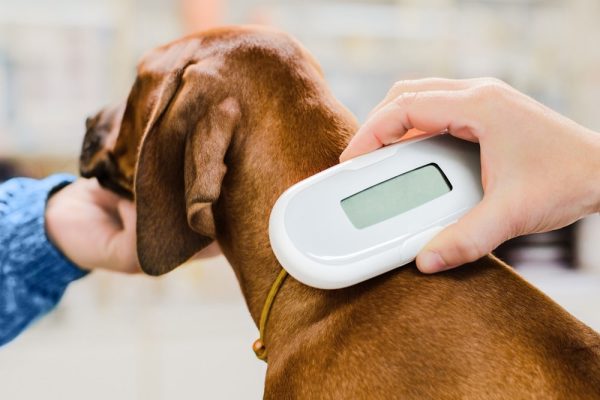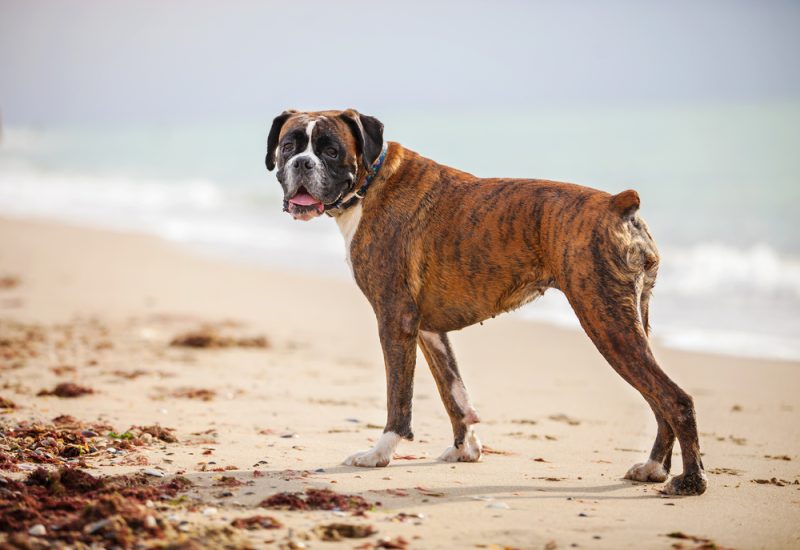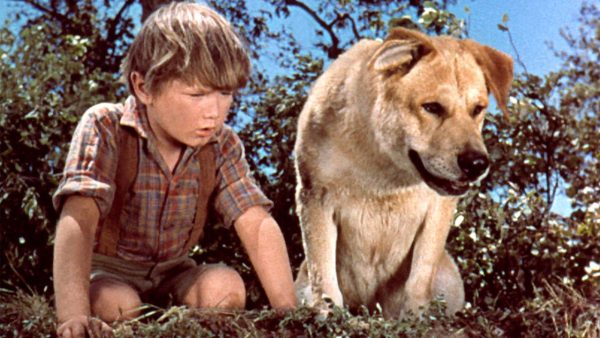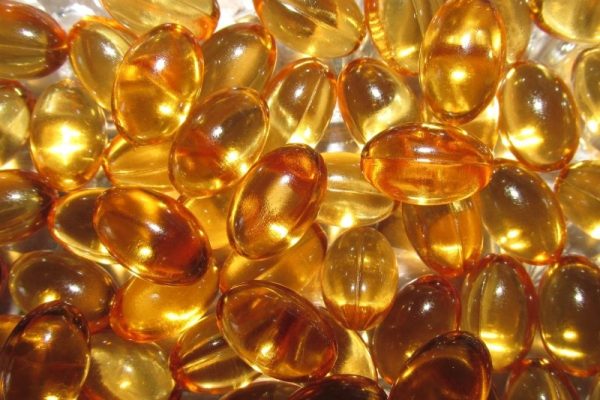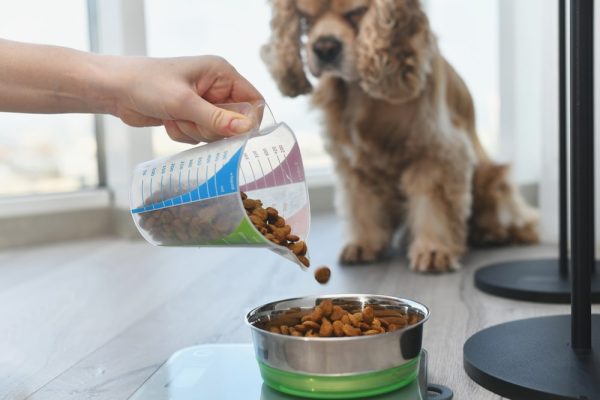In this article
View 2 More +The Golden Retriever is one of the most popular breeds in the United States for good reason. This lovable goofball rarely knows a stranger and can lift your spirits with their ever-wagging tail. If only having a Golden was all sunshine and butterflies! Instead, it is more often that you worry about them getting sick, especially with cancer.
One study shows that Golden Retrievers have about a 50% chance of getting cancer.1 This is an extremely high probability in the canine world, second only to Bernese Mountain Dogs. So, why are Golden Retrievers so prone to cancer? It seems that most of it comes down to breeding. Read on to learn more.

Why Are Golden Retrievers More Prone to Cancer?
The Veterinary Cancer Society states that the average dog has about a one in four chance of developing cancer in their lifetime. So, why do Golden Retrievers seem to have twice the risk as the average dog of developing cancer? It apparently has to do with genetics.
Genetics plays a role in various types of cancer, mainly skin and soft tissue cancers and osteosarcomas, to name a few. A mutation in a gene that leads to cancer can be passed from generation to generation. The cancer gene may also be inadvertently selected for when a breeder chooses a dog carrying it because they’re only looking for favorable traits that they want to reproduce. But what they get is multiple dogs possessing a gene that can increase the risk of cancer within the breed.
Also, Golden Retrievers are extremely popular. The demand for a Golden playmate is so high that it has put stress on breeders to produce more puppies, which comes at a cost. A responsible breeder will only breed dogs that have been screened for specific diseases that can be hereditary, as they want to produce only the healthiest, longest-living puppies possible. But when the demand becomes high enough, less-than-healthy dogs can slip into the breeding pool. Not all breeders use breeding stock that is dangerously unhealthy; they just might not be prime specimens that lack any unwanted genetic issues.
Furthermore, the more dogs that you produce, the higher the chance there is of genetic mutations, which can increase the cancer risk for dogs that acquire and then pass on that mutation.
Not all Golden Retrievers that develop cancer carry a bad gene, though. There may be environmental influence too. Things like exposure to toxins or the sun and whether a dog is spayed or neutered can all be factors.
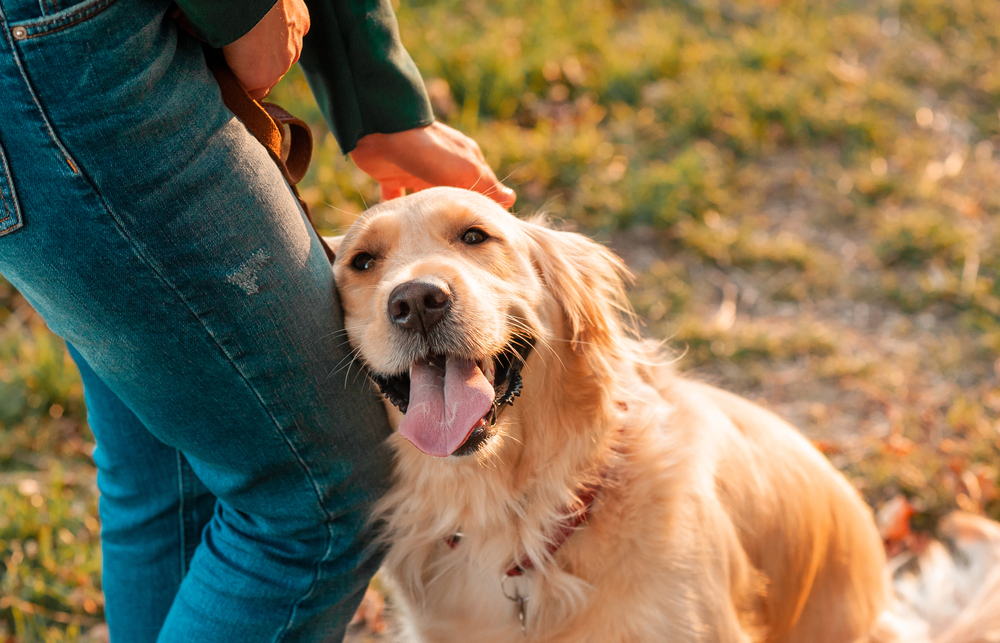
What Are the Most Common Types of Cancer in Golden Retrievers?
There are many types of cancer out there, any of which can plague a pup at some point in their life. However, it appears that some affect Golden Retrievers more commonly than others, including hemangiosarcoma, lymphoma, osteosarcoma, and mast cell tumors. The Golden Retriever isn’t the only breed prone to these types of cancer. Other large breeds, particularly Bernese Mountain Dogs, Boxers, and Rottweilers, are also high on that list.
If you are concerned about the health and well-being of your pet, seek veterinary advice for the best course of action.
If you need to speak with a vet but can't get to one, head over to PangoVet. It's our online service where you can talk to a vet online and get the advice you need for your pet — all at an affordable price!
How to Help Your Golden Retriever Live a Long Life
Now that you know your Golden may be more inclined to get cancer than most other breeds, it’s important to learn what you can do to ensure that they live the longest, best life possible. It all starts with regular veterinary visits. Your vet will be there from the moment that you bring your dog home until the final stages of their life. They can educate you on potential health risks and perform screening tests to determine if your dog’s genetic makeup leans more or less toward certain types of cancer.
Talk to your vet when something seems slightly off with your pup, so they can do proper testing and care and hopefully, catch something in the early stages. They will work with you throughout the diagnosis and treatment process if your dog does happen to develop cancer.
Finally, your vet will be there for you when you need to make a hard decision because your dog’s quality of life is no longer what it should be.
Ultimately, it’s vital to see your vet for your Golden Retriever’s initial puppy shots, yearly to biannual exams during their adult years, and appointments every 3–6 months when they’re a senior. Follow their recommendations on feeding, exercise, and preventative medicine to keep your dog as healthy as possible.
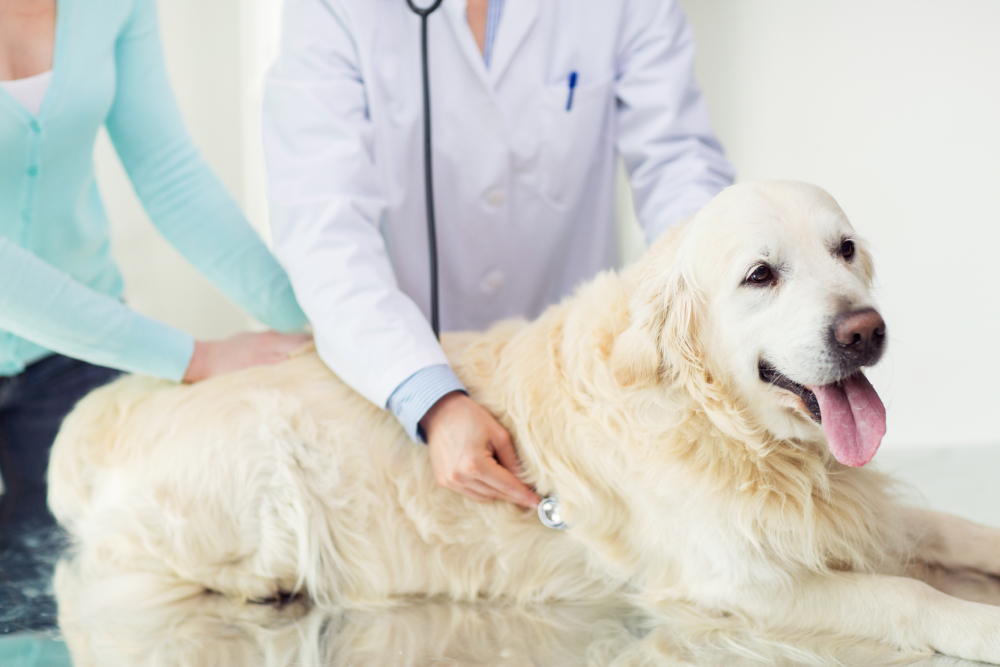

In Conclusion
Golden Retrievers make great companions, so there is an extremely high demand for breeders to produce more of these near-perfect pets. This may be partially what’s behind the breed’s increased risk of developing cancer, as potential cancer-causing mutations can pop up with greater frequency due to so many Goldens being bred. Those mutations are passed down from generation to generation, hence why we now have a breed where nearly half of the members get cancer.
To keep your pup as healthy as possible, be sure to frequent your veterinarian’s office. They can perform screening tests to determine if your dog is more or less prone to certain types of cancer, and they can help you catch issues early, when things are easier to treat.
Featured Image Credit: Yobab, Shutterstock


